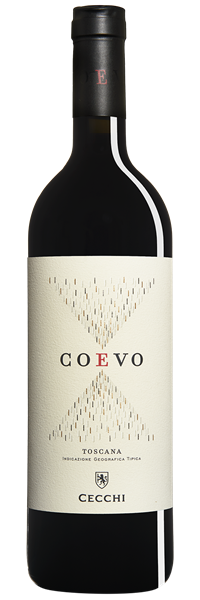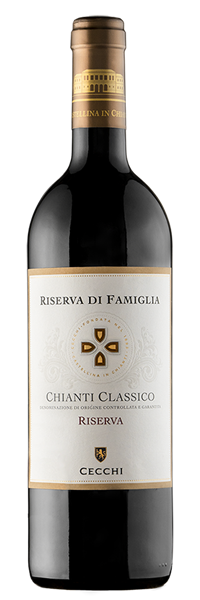
Cecchi's Story
1893, an epic year for winemaking and...
Many incredible events took place 120 years ago back in 1893. It was the year Luigi Cecchi founded his very own winery in Tuscany. Read on to discovery the astonishing outcomes of 1893 besides great winemaking.
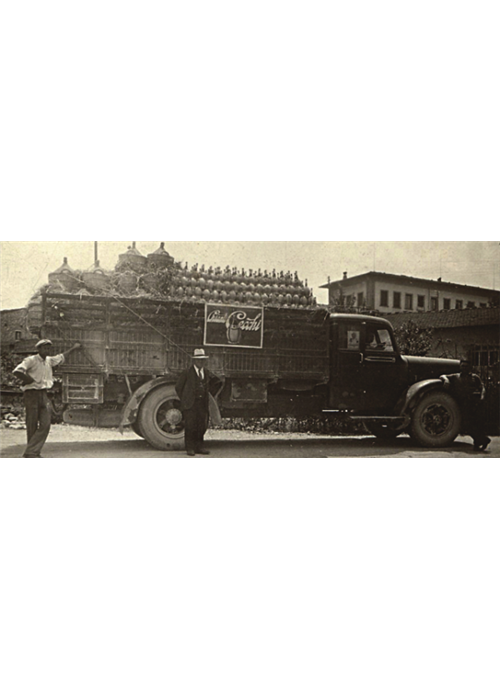
Cecchi was founded
Luigi Cecchi founded his very own winery—Cecchi—in Poggibonsi, Tuscany.
In 1863, Luigi was born in Poggibonsi, a Tuscan village 15km west of where he would one day become a well-known winemaker. His father cultivated plots of land where both he and his brother Francesco worked side-by-side. Luigi immediately showed great willingness and initiative, especially in matters of wine tasting and evaluating.
From a young age he started assisting companies with his love and knowledge in wine cultivating, making and tasting. In 1893 he decided to become an official wine taster. During this time he rented two warehouses where he conducted his own wine tasting business while simultaneously working the fields with his family.
The business was successful and began to develop in Colle Val d' Elsa and the Maremma. Luigi and his wife raised five children. In the early twentieth century his son Cesare began working with him. Together they gave life to the first signs of marketing for Cecchi wine. Now Luigi's grandsons Cesare and Andrea run the family business.
While Luigi laid the foundation of a growing wine business he built in October 1893, here are other important events that happened 120 years ago...
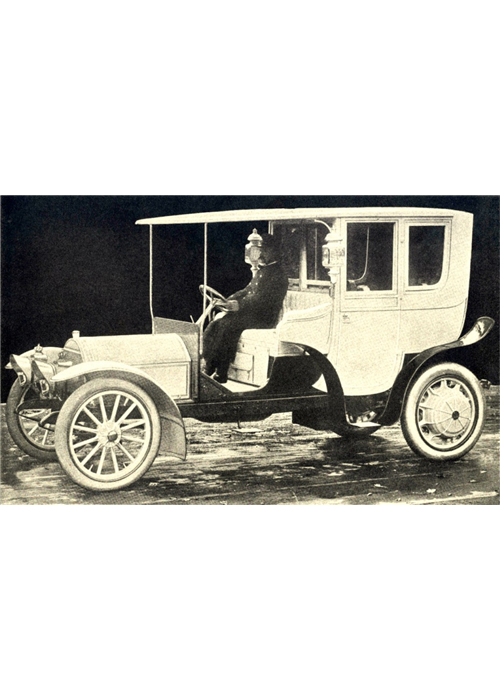
Banks and cars
On 10 August 1893, the Bank of Italy (Banca d'Italia) was formed from the merger of four banks. Four days later, cars were equipped with license plates. In the midst of the second Industrial Revolution and seven years after what's said to be the first automobile—the Karl Benz Patent-Motorwagen—there was a necessity to regulate the growing movement of motor vehicles.
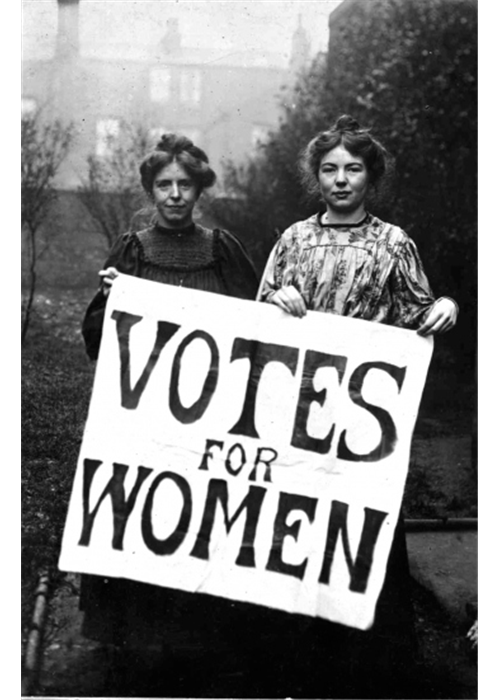
Voting and pensions
In 1893 New Zealand was distinguished as the first country in the world to recognize women's right to vote. In the same year, pensions were established, making New Zealand one of the most advanced societies of its time.
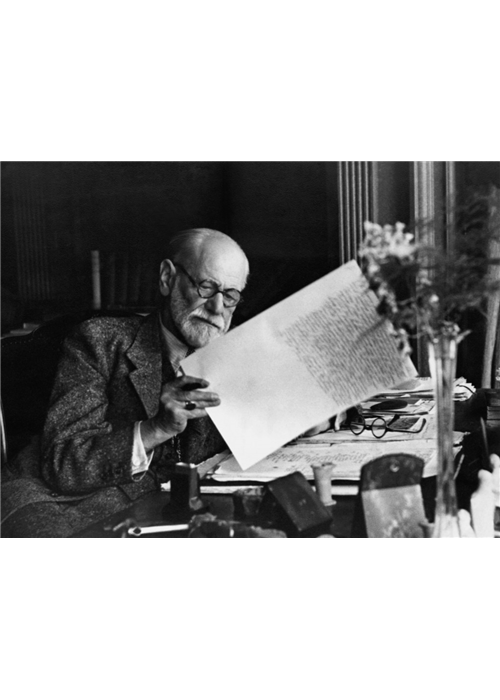
People
Freud wrote his first psychoanalytic essay entitled "Preliminary Communication". On March 26, 1893, Palmiro Togliatti was born in Genova. He became a historical leader of the Italian Communist Party while Guy De Maupassant became one of the leading literary figures of the second half of the nineteenth century.
The arts
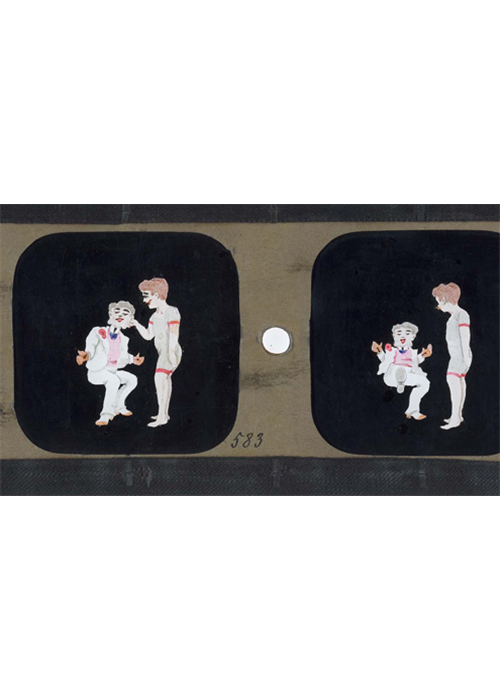
Theatres played "Autour d’une cabine" (Around a cabin), a pantomime film directed by Charles-Émile Reynaud. The film was made for the optical theatre involving 636 individually hand-painted images on glass plates.
In Italy, D'Annunzio wrote his opera "Poema paradisiaco" (Heavenly poem) while exchanging love letters with Eleonora Duse, the famous actress.
While Edvard Munch painted his famous "Scream", people in Naples were singing "O' Maraniello" composed by Salvatore Gambardella with lyrics written by Gennaro Ottaviano.
Émile Zola published his latest novel "Le Docteur Pascal"(Dr. Pascal) one of the twenty collective titles of "Les Rougon-Macquart".
In London, the first pornographic novel—Teleny—was published. Although the author remains unknown it is often attributed to Oscar Wilde.
Founded companies
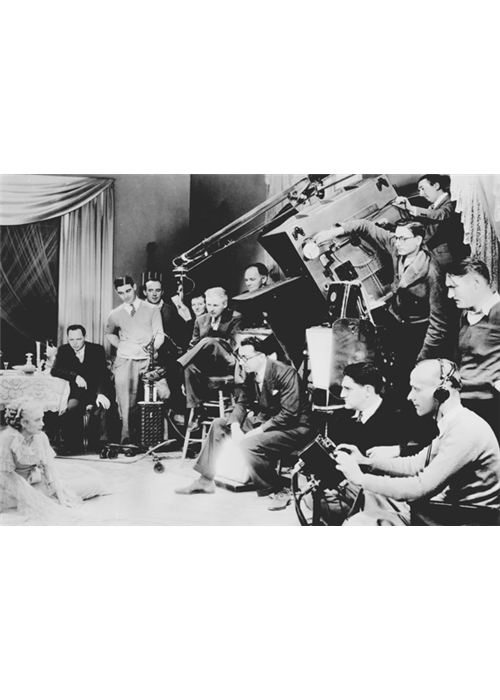
Paris saw the birth of Technicolor, a company that provides services and products for communication, media and entertainment industries specializing in digital image and video. Wenger was establish in Switzerland, producing knives and high-quality watches.
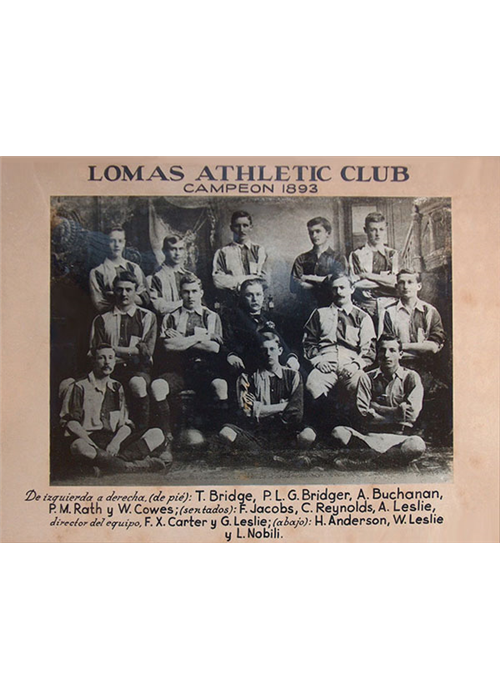
Sports
The Argentine Football Association held its first soccer league tournament in Argentina the same year Americans hosted the first ICA's Track Cycling World Championships in Chicago.
For some, 1893 is a day like any other, for others...Happy 120th!

